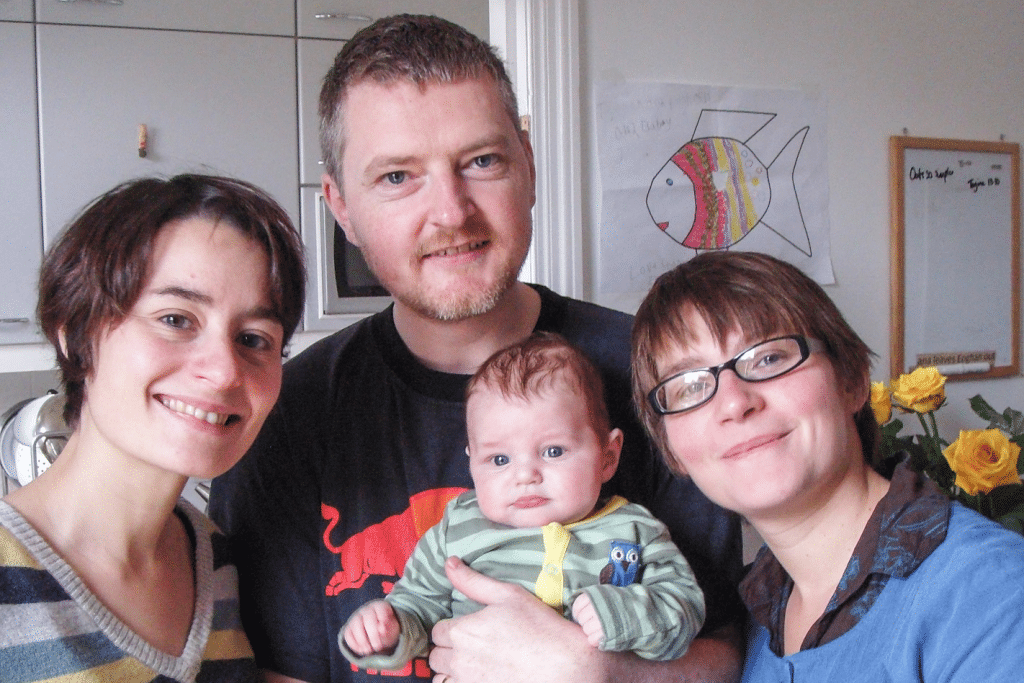11th June 2020
During Infant Mental Health Awareness Week (#IMHAW2020), we are delighted to share a Voices blog by John Oates, Professor of Developmental Psychology, The Open University.

John Oates, Professor of Developmental Psychology, The Open University.
Support from partners and others for pregnant women and women caring for their babies is always really important, but never more so than during lockdown. The disruption to travel and face-to-face contact in social networks means that many women are now facing great reductions in the sources of support they need to sustain their mental health and their capacity to cope with the demands of being a mother. The COVID pandemic has increased anxiety levels for everyone, and for many it is causing depression as well. We know from research that parental mental illnesses are associated with poorer developmental outcomes for children, and social support plays an important role in helping women to reduce worry and low mood, which is where partners and others really can help in these challenging times.
Support needs to be multi-dimensional; it’s about managing the household demands as much as it is about psychological support such as empathic listening, being warm caring and containing.
Social support is key in helping to minimise anxiety and depression, but even if a woman is suffering from these, research is showing that social support also helps to moderate the effects on the relationship the mother has with her infant. It is becoming clear that how a mother perceives her infant is associated with later developmental outcomes for the child. Social support can play a part in protecting these perceptions from potential negative impacts of maternal mental health problems.
While Donald Winnicott said ‘there is no such thing as a baby, only a mother-baby unit’, recognising the importance of this bond, in these troubled times it is important to see a bigger picture, that the mother-baby unit also depends crucially on a supportive surrounding environment. Partners, other household members, all need to share in what Winnicott called ‘primary maternal preoccupation’, a focus on the immediate and longer-term needs of the infant, and they need to do their best to create a ‘holding environment’.

Social support
Helping a mother to be mindful of her infant, to perceive her infant’s thoughts and feelings towards her in positive ways, is a key part of the support needed for the development of a secure attachment relationship. The Mothers Object Relations Scales short form (MORS-SF) is an easy-to-use tool for health visitors and others to use to assess ‘the infant in the mother’s mind’. A website has recently been launched giving free access to the tool and research reports in this area.
MORS website: https://www.morscales.org/
John Oates, Professor of Developmental Psychology, The Open University






